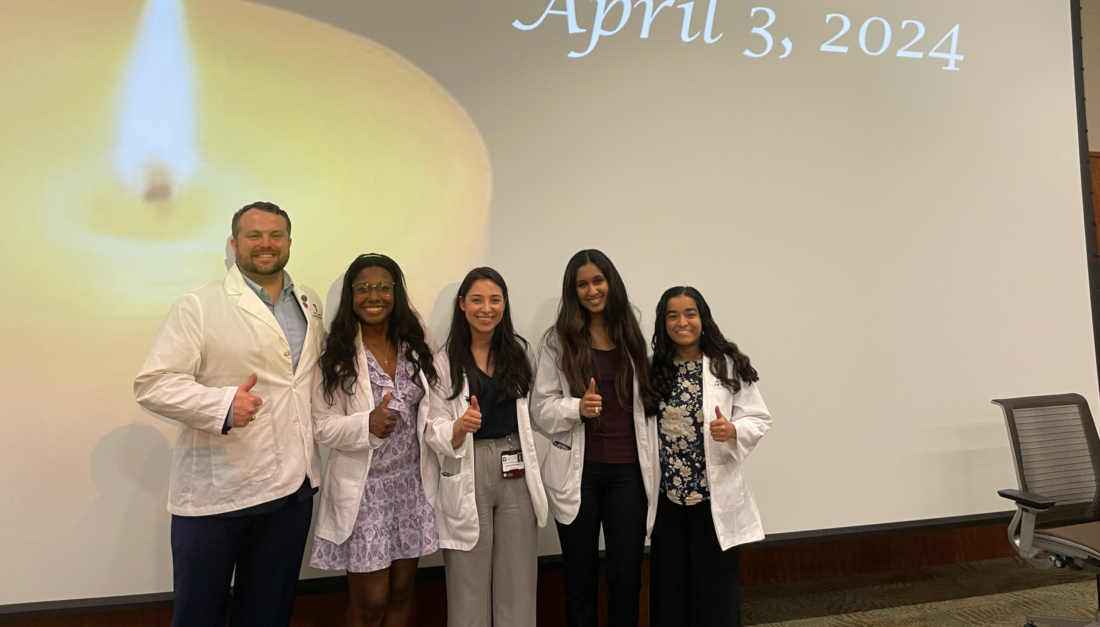IBT researchers help to bridge gap
(HOUSTON) – China and Taiwan have been at odds for years, but the Texas A&M Health Science Center Institute of Biosciences and Technology is working to bridge the “Taiwan Strait” by helping develop a new cancer center in China.
The new cancer center comes as China experiences unprecedented modernization and economic growth, leading to increased activity across the Taiwan Strait that separates the mainland from Taiwan.
Cancer is a major health problem in China, with statistics showing 1.6 million deaths and 2.2 million new cancer cases each year. In the last 20 years, one in every four deaths in the country is cancer-related, and lung, stomach and liver cancer are predominate in the Xiamen region.
An alumnus of Xiamen University in Xiamen City, China, Fen Wang, Ph.D., associate professor in the Center for Cancer and Stem Cell Biology at the HSC-Institute of Biosciences and Technology, hosted the university’s president, Chongshi Zhu, in 2007. President Zhu was so impressed with the Texas Medical Center model, especially The University of Texas M. D. Anderson Cancer Center, that he lobbied the Chinese central government for a similar cancer center in Xiamen City.
Dr. Wang also did his part, assembling a 20-person advisory committee to establish a Xiamen Cancer Center. Ten members represent the HSC, M. D. Anderson, Baylor College of Medicine and Rice University at the Texas Medical Center, and the other 10 members represent Taiwan medical universities and institutions. The committee had its first meeting in early August at Xiamen University, visiting with university, Xiamen City medical institutions and city government officials on the future center’s structure.
Joining Dr. Wang at the August meeting from the HSC-Institute of Biosciences and Technology Center for Cancer and Stem Cell Biology were Wallace McKeehan, Ph.D., HSC-IBT executive associate director, J.S. Dunn Professor and center director; and Mingyao Liu, Ph.D., professor. Since 1980, Drs. McKeehan and Wang have mentored more than a dozen graduate and postdoctoral students from Xiamen University who received laboratory training in their labs in New York and Houston.
The Xiamen Cancer Center will be a joint venture between Xiamen University and Xiamen City, comprised of basic researchers from the university and clinicians from various hospitals within the region. They will be housed in a new central facility modeled after M. D. Anderson.
The cancer center seeks to be the first of its kind to actively bridge the Taiwan Strait with collaborations and patient care. It also will offer specialized graduate and clinical training along with collaborations between Xiamen University and the Texas Medical Center. Initial funding could be awarded this year, with the main building completed within three years.
Media contact: media@tamu.edu


